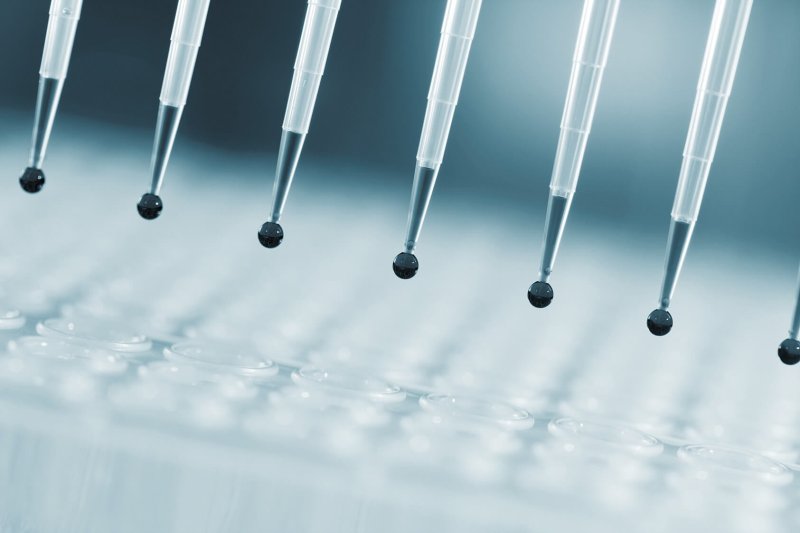U.K. Biobank [recruited] 500,000 volunteers for a massive study on the origins of disease. In addition to collecting blood and urine, the study recorded volunteers’ height, weight, blood pressure; tested their cognitive function, bone density, hand-grip strength; scanned their brains, livers, hearts; analyzed their DNA. In breadth and depth, the study is the first of its kind.
…
U.K. Biobank announced it would release its full genetic data set to registered scientists in July. This huge amount of genetic information, combined with the thousands of other characteristics tracked by U.K. Biobank, allows scientists to look for the genetic determinants of virtually any disease.
…
In the past, research groups that had gone through the trouble and expense of building DNA data sets have hoarded it for themselves, so that they could be the first to mine it for publishable insights. U.K. Biobank, however, is supported by the United Kingdom’s National Health Service. Its data is open to anyone in the world, as long as they are a legitimate researcher and pay a fee commensurate with the amount of data they want to access.
..
U.K. Biobank is still following its 500,000 volunteers, and will continue to do so for many years as they age. The technology available to scientists will advance over time, too.
The GLP aggregated and excerpted this blog/article to reflect the diversity of news, opinion, and analysis. Read full, original post: What Happens When You Put 500,000 People’s DNA Online































